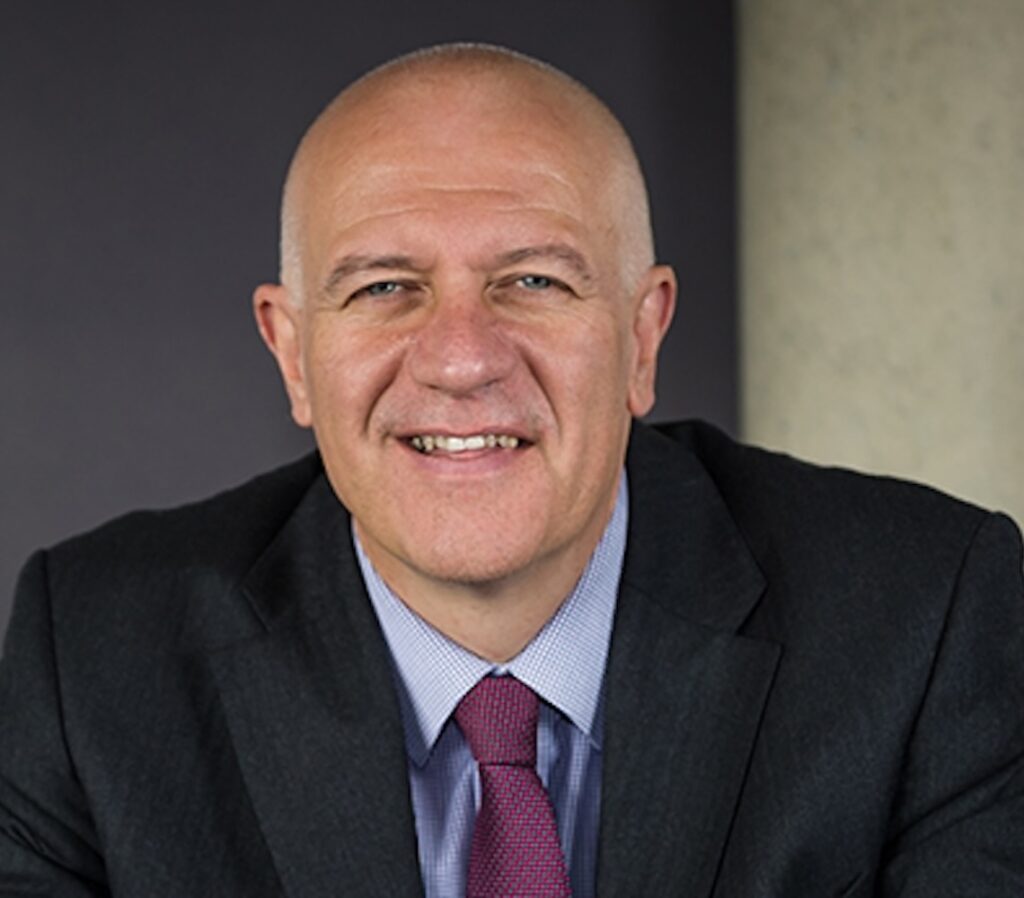Free speech and academic freedom. OP ED by Bill Rammell, Chief Executive of Parallel Histories.
I bow to no one in my defence of free speech and open debate as the best way to expose and tackle extremism, to resolve conflict and intractable problems, and to help educate young people.
I have lectured and written widely on the importance of free speech. As a University Vice Chancellor I argued that a central purpose of Higher Education is the imperative to teach students to disagree agreeably.
As Higher Education Minister I supported the right of the Oxford Union to invite the BNP’s Nick Griffin to speak in a debate. Because extremism, unless it is violent, needs challenging and exposing through free and open debate. Not to be driven underground.
The importance of free speech and open debate is even more pressing given the age we live in where people increasingly live in almost parallel universes, exacerbated by social media algorithms where the only news feeds and information you get are those which accord with your own views, convictions and prejudices.
And few can doubt that free and open debate has been challenged in recent years, particularly in universities. Cases are legion where students have “no-platformed” external speakers, students demand the right not to be offended by being exposed to views they disagree with or find distressing, and some academics have faced harassment and even disciplinary action for expressing their views.
Students lack resilience and that starts in schools. School students lack resilience because schools shut down sensitive conversations. We have known schools ‘ban’ discussion of Israel/Palestine rather than engage and through that nobody is building any resilience.
And polling for the Office for Students (the Higher Education regulator) has polling which suggests a fifth of university academics do not feel free to discuss controversial topics in their teaching.
Dame Sara Khan, who authored a Government report last year on social cohesion and resilience spoke powerfully on these issues, arguing,crises ‘feed polarisation and division’, provoke the “Rise and spread of disinformation…” and “disillusionment with democracy.” Especially since this crisis coincides with ‘unregulated and societal-changing technology” leaving our young people vulnerable to ‘Extremist and other malign actors.”
The 1986 Thatcher Education Act already places legal duties on universities to uphold free speech. This applies to students, staff and visiting speakers. But it arguably needs reinforcing.
The Office for Students at the behest of the Government has now issued guidance for universities on upholding free speech and open debate. Arif Ahmed, the Director of Freedom of Speech and Academic Freedom at the Office for Students has said, “Students should be ready to be shocked and offended at university, and exposure to views which students might find offensive are part of the process of education.”
He has argued that students should be able to express any view, no matter how offensive it is to others, as long as it is not outside what is generally allowed by law, such as harassment or unlawful discrimination. I think he is absolutely right.
As the Chief Executive of Parallel Histories, an educational charity which specialises in the resourcing of schools to teach and debate contested history-Israel/Palestine, Northern Ireland and much more, my convictions about the importance of free speech and open debate are reinforced. In a sense we are the antidote to what you might describe as cancel culture.
Parallel Histories offers a new way to study the history of conflict-history which is still contested, controversial and relevant. Our teaching methodology challenges students to examine the source evidence and debate alternative interpretations before coming to their own view. These are skills which not only help young people with the study of history, but also prepare them to become active citizens. And it gives them excellent employability skills.
The work we do is predominantly in schools. But we are starting to branch out into universities, where our work could bring real openings for free speech and open debate.
One final point. Free speech in universities and beyond has become a divisive political battle ground. And I would argue both the right and the left need to end their confused double standards on this issue.
Conservatives fulminate against cancel culture, yet that’s exactly what they try to do with anyone they disagree with. Witness Tory Shadow Minister Robert Jenrick who called during protests about Gaza for anyone saying Allahu Akbar (a Muslim expression of faith) to be arrested.
And when it comes to double standards on free speech these are not confined to the Tory Party. Witness many on the liberal left who steadfastly uphold (rightly) the right of people to protest and speak out in favour of Palestinians in Gaza. Yet then proceed to try to deny platforms to those who seek to support the right of Israel to exist.
And as long as views are legal, people should be able to express them.
Free speech, open debate, not banning and shaming people for their views, and the absolute right to speak within the law. That is crucial. And it is embedded in the work we do at Parallel Histories.
Bill Rammell is a former Labour Minister and University Vice Chancellor and now Chief Executive of Parallel Histories.







